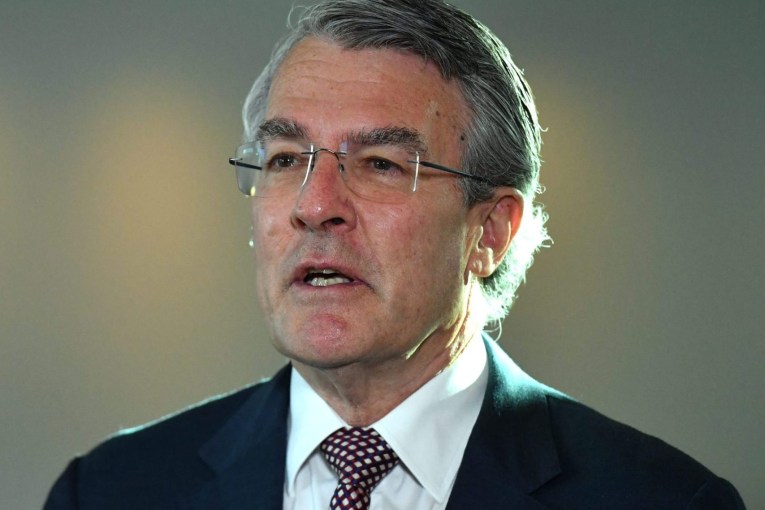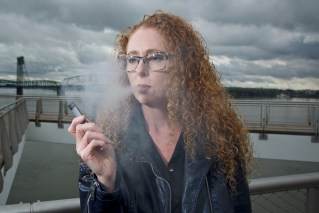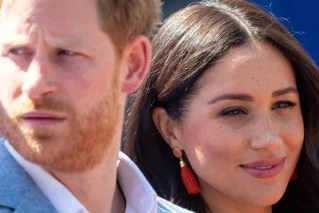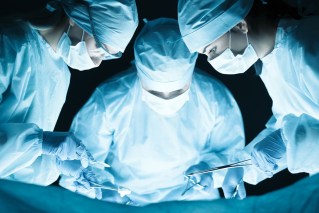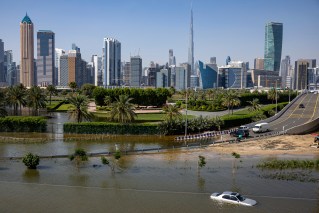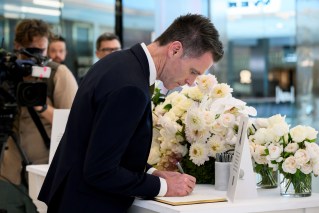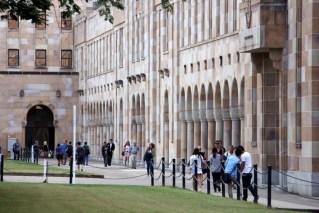PM appeals for calm with moves to scrap swab tests for interstate travellers
Pharmacists and GPS will be paid more for Covid-19 vaccination appointments and advice has been sought on scrapping the need for PCR tests prior to interstate travel following an emergency National Cabinet meeting on Wednesday.
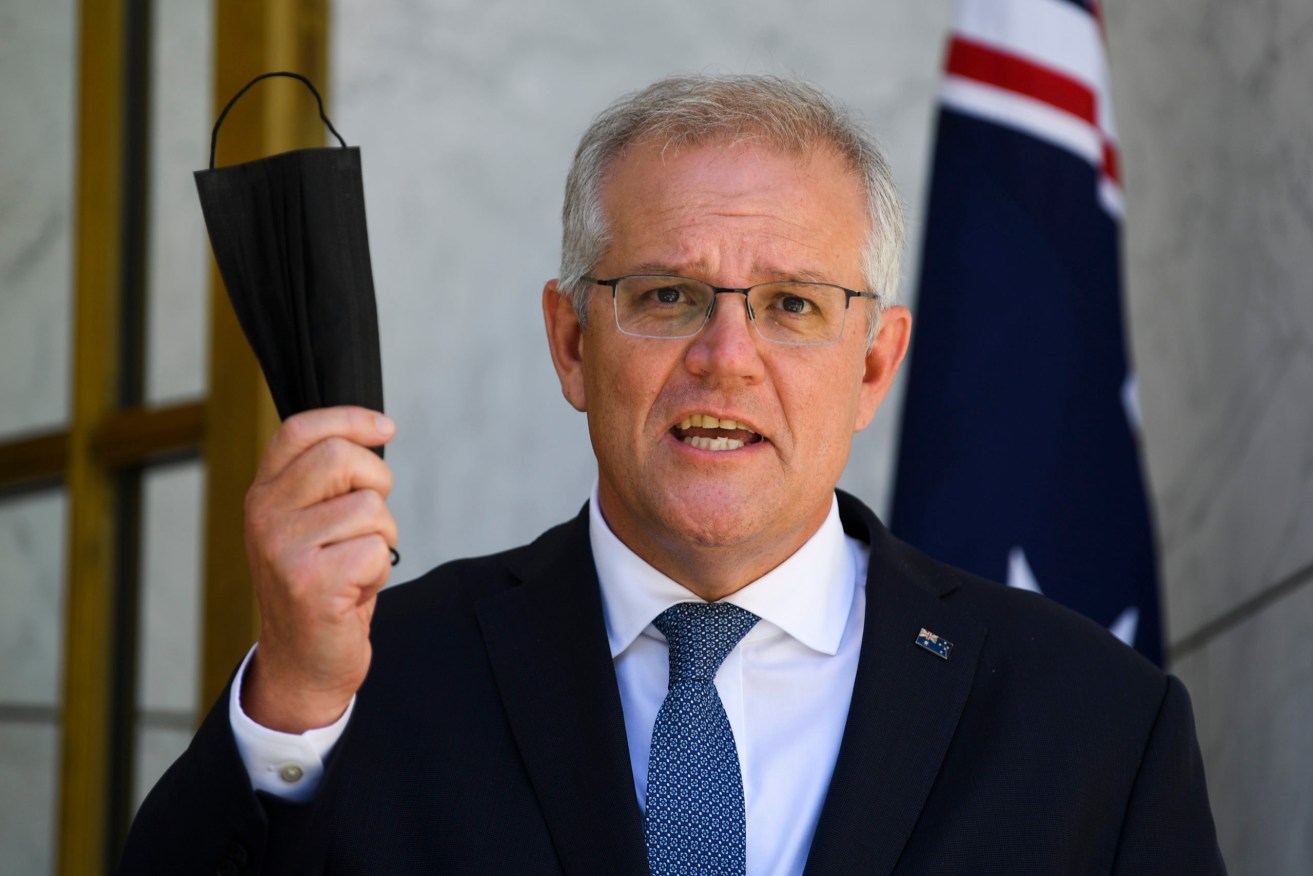
Prime Minister Scott Morrison. (AAP Image/Lukas Coch)
Prime Minister Scott Morrison urged calm, saying there would be no more lockdowns and nor would there be a mask mandate, calling it common sense for everyone to wear masks.
Morrison said getting boosters in arms was the priority right now, whether it was called a third dose or a booster.
The $10 increase in payments to GPs and pharmacies for vaccine appointments begins on Thursday.
But any decision on reducing the gap for boosters from five months to four after the second dose remains with the immunisation advisory body, ATAGI.
“There is ample numbers of people right now that need to go and get their boosters and that can be supported by the vaccination program,” Morrison said.
“Making more people eligible doesn’t get boosters into arms any quicker,” he said.
Morrison was speaking after a special National Cabinet meeting, with State and Territory leaders, was called to address the rapidly rising cases as the Omicron variant takes hold in southern states and now in Queensland.
Another key development from the meeting was that advice will be sought from the Australian Health Protection Principal Committee about whether PCR tests are necessary for interstate travel, given they take up testing resources.
People travelling to Queensland from the southern hotspots are now involved in long queues and long waits as they must have a negative PCR tests 72 hours before travelling, something which has caused frustration and anger.
Morrison said he wanted the PCR testing issue and interstate travel sorted out as soon as possible and at the very least, the tests changed to the quick and less costly rapid antigen test alternative.
He said the message in regards to masks was pretty simple – think of other people and wear them in indoor settings.
“Wear a mask in an indoor setting, you don’t need to be forced to do it. It is a very clear message, wear a mask, there is no confusion about it, just wear it,” Morrison said.
He said the three areas leaders are now focussing on are public health social measures, the vaccination program and TTIQ or trace, isolate and quarantine.
Earlier, Morrison played down modelling showing up to 200,000 COVID-19 cases a day is a possibility without tightened restrictions.
Chief Medical Officer Paul Kelly also labelled media reports of the Doherty Institute modelling – prepared for federal, state and territory leaders ahead of Wednesday’s national cabinet – misleading.
It showed up to 200,000 daily cases was possible across the country by late January or early February unless states and territories beefed up public health measures.
Prof Kelly stressed this was the worst case of all possible scenarios. It included assumptions such as the Omicron variant being as severe as Delta.
Other assumptions factored into the figure included a highly limited booster program, lack of hospital surge capacity and no changes to public health measures.
“None of these five assumptions represent the likely state of events, let alone all of them together,” he said.
“Presenting that scenario as the likely scenario that will occur is highly misleading.”
He pointed out worst case scenario modelling in 2020 around the number of intensive care beds required was never realised.
“While modelling is an important tool to help guide decision-making, it is just one of a range of tools and cannot be viewed in isolation,” he said.
Prime Minister Scott Morrison also said it was very unlikely Australia would reach 200,000 new daily cases.
“(It’s an) extreme case scenario that assumes that nobody does anything, nobody gets boosters, there are no changes that take place, no one exercises commonsense,” he told the Seven Network.
But the Australian Medical Association said the Doherty Institute’s modelling throughout the pandemic had been pretty on the mark.
“I’m confident in the numbers,” vice president Chris Moy told the Nine Network.
“The million dollar question is … how many people are going to end up in hospital and in intensive care wards.”
National cabinet is set to discuss mask requirements indoors and advice about whether three jabs will be required for someone to be considered fully vaccinated.
The Australian Technical Advisory Group on Immunisation is considering bringing boosters forward from the current five month interval.
About 1.5 million people have received a booster shot out of an eligible group of around 3.1 million.
Mr Morrison called on states to ramp up their booster programs, with his office citing an overall decline in state government vaccine hubs from 957 to 699 between November and December.
The prime minister also said pre-testing requirements for interstate travel were clogging up clinics, particularly in NSW and Victoria.
“That’s resources that can be also going towards supporting these vaccine hubs. And so we need to work through some of those issues as well today,” he told the Nine Network.
“Rapid antigen testing in those situations would certainly be a more effective option. Whether there’s a requirement for that at all, on the public health advice that we’re receiving, I think that’s an issue for discussion.”
The national double-dose vaccination rate for people aged 16 and older has surpassed 90 per cent.
NSW reported 3763 new infections and two more deaths on Wednesday, while Victoria recorded 1503 new cases alongside six additional deaths.
